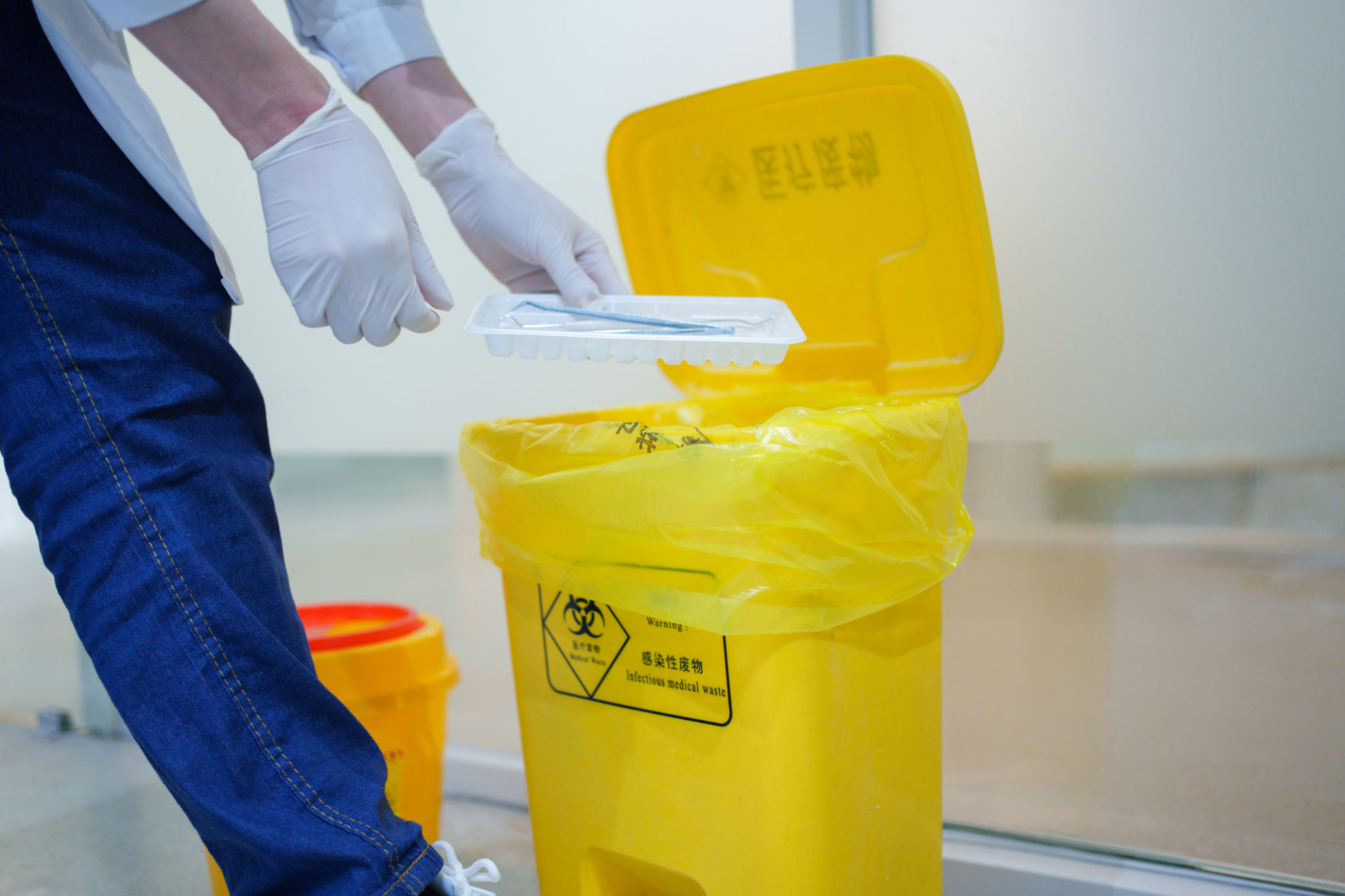The Impact of Regional Regulations on Industrial Waste Services in Central Luzon
Understanding Regional Regulations in Central Luzon
Central Luzon, a thriving industrial hub in the Philippines, plays a significant role in the nation's economy. However, with industrial growth comes the challenge of managing waste effectively. Regional regulations have been implemented to ensure that industrial waste is managed responsibly, minimizing environmental impact and promoting sustainability. These regulations often dictate how waste services operate, influencing everything from collection to disposal methods.
Understanding these regulations is crucial for businesses operating in Central Luzon. Compliance not only ensures legal operation but also contributes to a healthier environment and community. Industrial waste services must adapt to these rules, incorporating them into their operational strategies to remain competitive and responsible.

Key Regulations and Their Implications
The regulations governing industrial waste in Central Luzon cover several critical areas. These include the classification of waste, methods of disposal, and the necessary permits and documentation. Each category of waste, whether hazardous or non-hazardous, is subject to specific guidelines that dictate how it should be handled.
Businesses must meticulously categorize their waste to comply with these regulations. Non-compliance can result in hefty fines and legal actions, affecting the company's reputation and financial standing. Moreover, adhering to these regulations is essential for obtaining necessary permits for operation within the region.
Permit Acquisition and Documentation
Obtaining the proper permits is a vital component of compliance. The process involves submitting detailed documentation outlining the types of waste produced and the proposed methods of management. Industrial waste services often assist businesses in navigating these requirements, ensuring all paperwork is accurate and submitted on time.

The Role of Technology in Compliance
Technology plays a pivotal role in helping companies meet regulatory requirements. Advanced software solutions are now available to track waste production and management efficiently. These tools provide real-time data that can be used to ensure compliance with local regulations and improve overall waste management practices.
For instance, some systems offer automated reporting features that streamline the documentation process, reducing the likelihood of human error. This technological integration helps industrial waste services offer better solutions to their clients, ensuring both compliance and efficiency.

Challenges Faced by Industrial Waste Services
Despite the benefits of technology and clear regulations, industrial waste services in Central Luzon face several challenges. One major issue is staying updated with ever-evolving regulations, which can vary significantly from one locality to another within the region. This requires continuous education and adaptation by the companies involved.
Another significant challenge is the cost associated with compliance. Implementing the necessary changes to meet regulatory requirements can be expensive, particularly for smaller businesses. This financial burden can sometimes lead to resistance or non-compliance, creating further complications.
Strategies for Overcoming Challenges
To address these challenges, industrial waste services must adopt proactive strategies such as regular training sessions for their staff and clients. Building strong relationships with regulatory bodies can also provide valuable insights into impending changes or new requirements.
Moreover, investing in scalable technology solutions can help mitigate cost issues over time. These investments not only enhance compliance but also improve operational efficiency, offering long-term financial benefits.
The Future Outlook
Looking ahead, the impact of regional regulations on industrial waste services in Central Luzon will likely continue to grow. As environmental concerns become more pressing globally, stricter regulations are expected to follow. Businesses that prioritize compliance and sustainability will be better positioned to thrive in this evolving landscape.
In conclusion, while navigating regional regulations can be challenging for industrial waste services, it also presents opportunities for innovation and growth. By embracing technology and fostering a culture of responsibility, these services can contribute significantly to a sustainable future for Central Luzon.
